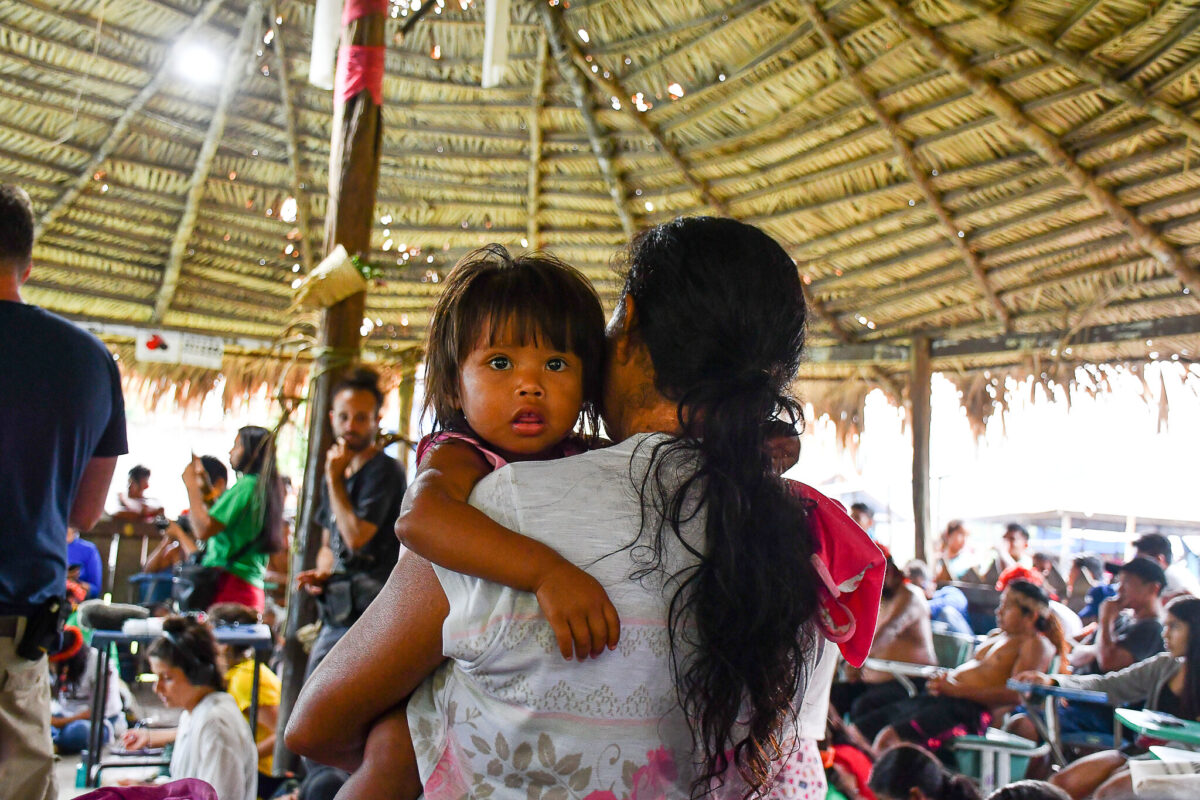Among the top stories published by our Spanish-language service, Mongabay-Latam, this past week were features about five newly described snake species being named by auction in Ecuador, and news that Bolivia’s Madidi Park could possibly be the most biodiverse park on Earth.
The banner image above shows one of the newly described snakes, a Bob Ridgely snake (Dipsas bobridgely). Image courtesy of Matthijs Holladers/Tropical Herping.
Ecuador: five new snake species named via auction
In the science world, researchers who describe new species have the honor of bestowing their common and scientific names. In Ecuador, a team that discovered five new ‘snail sucking’ snakes decided to name them by auction. The funds raised through the naming auction will expand a reserve where some of the new species live. Tropical Herping says four of the five species are endangered: Bev Ridgely (Sibon bevridgelyi), Bob Ridgely (Dipsas bobridgelyi), Oswaldo Báez (Dipsas oswaldobaezi) and Klebba (Dipsas klebbai).

Peru: 15 new illegal trafficking routes identified
At least 15 new illegal wildlife trafficking routes were recently identified in Peru. Holland, Belgium, Austria, Switzerland, Spain, France and Germany, along with China, Japan and Singapore, are some of the destination markets, but the majority of species never leave Peru.

Bolivia: Researchers register 4,000 species in Madidi National Park
A researcher who recently registered 4,002 plants and animals (out of more than 8,000 total) in Bolivia’s Madidi National Park believes there’s a lot more to come. Wildlife Conservation Society’s Rob Wallace believes the park could be the most biodiverse on Earth. Expeditions so far show that Madidi hosts 3% of the world’s large plants, 3.75% of its vertebrates, and 9% of its birds.

Wildlife trafficking is decimating the Mosquito Coast of Honduras
Wildlife trafficking is devastating biodiversity on Honduras’ Mosquito Coast, threatening the country’s national bird, the scarlet macaw, with extinction. The traffickers can earn $15,000 to $20,000 a month.

Assassinations and intimidation of hydroelectric project opponents continues in Honduras
The April murder of lawyer Carlos Hernández and police pressure against a mayor and four other people are signs that those who oppose hydroelectric projects in Honduras are risking their lives. Residents believe that these actions seek to squash opposition to an energy project on a river that serves 16 communities.

Threats to Via Parque Isla de Salamanca in Colombia
Known as the ‘international bird airport,” Via Parque Isla de Salamanca on Colombia’s Caribbean coast faces all the problems seen in the country’s other protected areas: fires, over-exploitation, illegal invasions, highway expansion and port development.

Read these stories in full and in Spanish at Mongabay-Latam.














